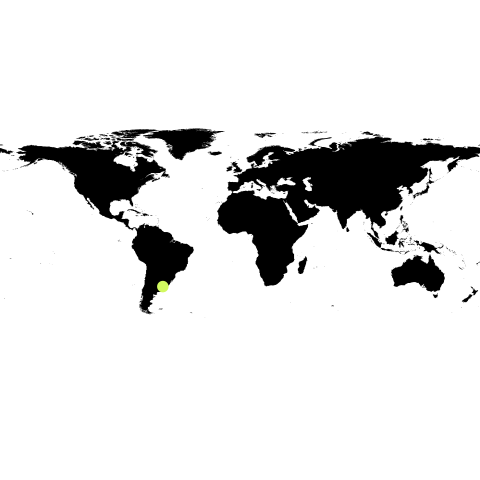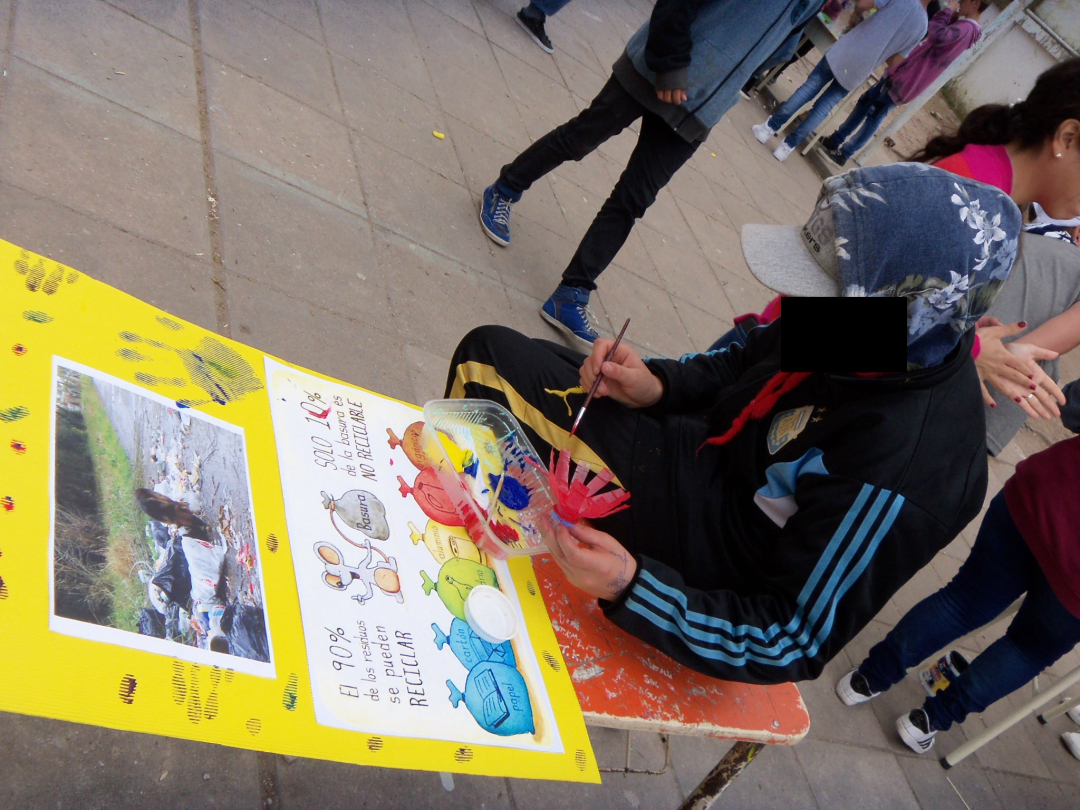Disclaimer:
Please be aware that the content herein has not been peer reviewed. It consists of personal reflections, insights, and learnings of the contributor(s). It may not be exhaustive, nor does it aim to be authoritative knowledge.
Collaborative project: Citizens participate in data collection and analysis
Objectives: • Raise awareness among young people and families on the health risks posed to their communities by dumping sites, rodents and parasites. • Together with the education community, encourage the most vulnerable neighborhoods (due to this type of pollution) to trigger actions that will improve their quality of life.
Description of citizen participation: Workshops were conducted to identify potential sanitation issues existing in participants’ neighborhoods. Based on such issues, an app was adapted, and possible preventive measures were discussed. At said workshops, the following main issues were identified: · Dumping sites · Reuse of certain materials · Compost made from organic waste Within 15 days, young people grouped in work teams sent—using the app— images showing areas of their neighborhood, mostly photos of dumping sites and rodents, which pose potential health risks to their communities. Once neighborhood mapping was completed by the work teams, workshops were conducted to discuss findings and possible management actions.
Time frame. 03/01/2017 – 10/30/2017
Project leaders. • [REDACTED], Centre for Parasitological and Vector Studies (CE�PAVE)/National Scientific and Technical Research Council (CONICE�T)-National University of La Plata (UNLP) • [REDACTED], CEPAVE/CONICET-UNLP • [REDACTED], CONICET y UNLP
Contact information. Email: [REDACTED]
 Consent to share form or official link.
Consent to share form or official link.

 3Good health and well-being
3Good health and well-being 4Quality education
4Quality education


Comments
Log in to add a comment or reply.